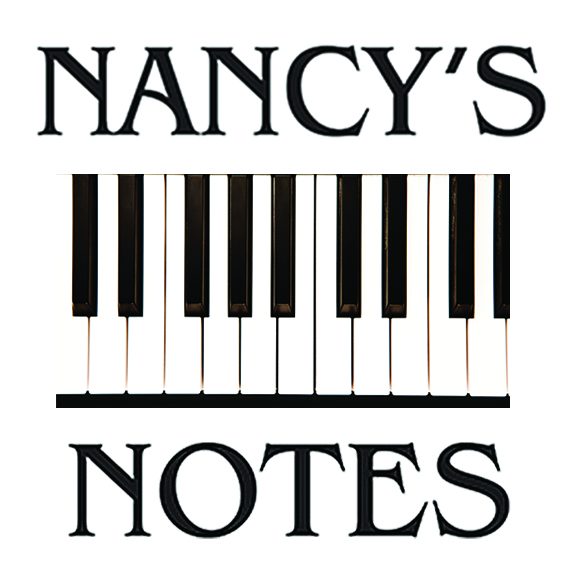10 new words you should know in 2023
If there’s one thing we can count on it’s that our language is always changing. And just when you think you can hold your own on intelligent conversations with family and friends, the wordsmiths who don’t have anything better to do than come up with new words to expand their vocabularies, well, they come up with new words. Actually, they don’t make up the new words; they listen in on conversations and observe how people are communicating on social media to “get the pulse” of our language. If you ask me, our language has gone to H-E-DoubleHockeySticks. With the pace of social media and the speed of which news travels, dictionary gurus can’t possibly keep up.
And good luck to teachers who are charged with teaching “proper” ways to speak, spell and write our English language. Is there such a thing as “proper” anymore?
According to the Oxford English Dictionary, 650 new English words were added to their pages in 2022. These are words that are already being used in conversations. Maybe not in Stockton, America, but used in the world of business or travel, and mostly developed through social media. Many new words came about during the pandemic, or since the pandemic, in response to how different everyone’s lives suddenly became. And, with more people traveling the globe and working remotely, it’s no surprise that many of the new words in English are inspired by other languages. As the world around us evolves, so too do the ways that we describe it and our experiences within it.
Copypasta—Data (including text) that has been copied and pasted online is known as “copypasta.” It can be lighthearted content that is spread for “Likes,” or it can be a serious political message.
Trip stacking—A strategy used to make reservations for multiple, separate vacations. “Trip stacking” includes booking accommodations, restaurants, and activities for different locations in one go. The strategy became popular during the pandemic, when travel plans were heavily disrupted.
Place lag—The sensation of surprise and disorientation after you make a long plane journey and arrive in a new place. Similar to ‘jet lag’ but refers to an emotional feeling toward an unfamiliar location.
Deplatform—The act of taking away someone’s ability to spread a message on a large scale. To “deplatform” is a figurative act, and typically refers to removing someone from a social media platform.
Shrinkflation—The reduction in size of goods over time but the price stays the same. Normally refers to food items but can apply to other purchases. “Shrinkflation” results in a higher cost per unit for customers.
At (don’t “at” me)—The use of “at” as a verb, particularly to argue with another person on social media or disagree with someone’s opinion. “At” in this context stems from the @ sign, where people tag usernames to reply to content that they have shared.
Churn rate—The number or percentage of employees that leave a company in a specified time frame. “Churn rate” surged in popularity in 2022, when The Great Resignation happened, where millions of workers left their jobs. Churn rate can also be applied to other contexts, such as a metric to measure the number of people who have stopped using a product or service.
Greenwash—The verb to intentionally promote something as environmentally friendly (or less environmentally damaging) than is true, typically to gain more customers or improve sentiment toward a brand. Many organizations were accused of “greenwashing” in 2022, after new laws were introduced to encourage lower carbon emissions.
Level up—To advance or improve. “Level up” originates from games, where users unlock new levels as they progress.
Hard pass—To firmly say “no” to something or reject an offer. “Pass” is a less strong, and more polite, version of “hard pass,” which is better suited to informal settings. The term gained popularity in the pandemic, when people were more likely to turn down suggestions to socialize.



